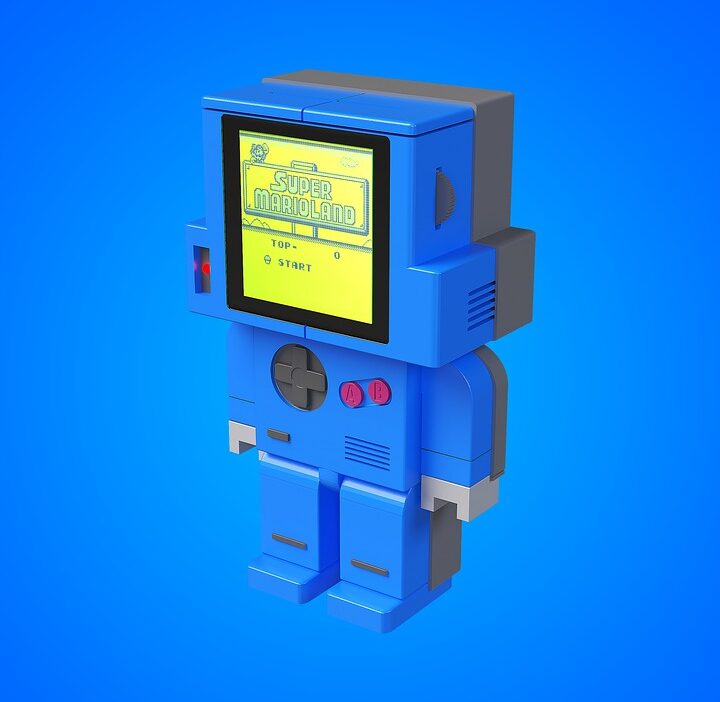The world of gaming has undergone a profound transformation over the past couple of decades. Once viewed merely as a pastime, gaming has emerged as a lucrative profession, with professional gamers becoming icons in their own right. This shift from hobby to career not only illustrates the changing perceptions of gaming but also has substantial implications for the larger cultural and economic landscapes.
The Rise of Esports
The exponential growth of esports is a testament to the evolving nature of gaming. What started as small-scale tournaments in local venues has blossomed into a global industry—worth over $1 billion as of 2023. Major tournaments attract millions of viewers both in-person and online, with games like "League of Legends," "Dota 2," and "Counter-Strike: Global Offensive" leading the charge. Prominent platforms such as Twitch and YouTube Gaming have further catalyzed this shift, enabling gamers to broadcast their skills and build vast fanbases.
The Professional Pathway
For many aspiring gamers, the dream of becoming a professional player is no longer a distant fantasy; it’s an achievable career path. Players often start by honing their skills in casual settings, streaming their gameplay online, and building a following. Organizations are on the lookout for talent, and the transition from amateur to professional is often facilitated by joining an esports team or participating in high-stakes tournaments.
These pathways have also opened doors for diverse roles within the gaming ecosystem, including coaching, streaming, marketing, and event management. This multifaceted nature of the industry allows individuals with various skill sets to enter the field, enriching the gaming culture further.
Shifting Perspectives: Gaming as a Valid Career
As professional gamers gain recognition, societal views about gaming are evolving. The stigma that once surrounded gaming—often regarded as an unproductive or childish pursuit—has largely dissipated. Pro gamers are celebrated for their skills and strategic thinking, much like traditional athletes. Sponsorships, merchandise sales, and media contracts have yielded lucrative salaries, with some players earning millions annually.
Educational institutions are also embracing this shift. Universities are offering scholarships for esports players and academic programs focused on game design, programming, and management, recognizing that gaming culture is both a career and a significant cultural phenomenon.
Economic and Cultural Impact
The impact of professional gaming extends beyond individual careers; it reverberates through economies and cultures globally. Esports tournaments have become significant events that generate revenue for host cities through tourism, sponsorships, and merchandise sales. As the audience for esports continues to grow, advertisers are increasingly targeting this demographic, recognizing the potential for engagement in a market that is predominantly composed of young adults.
Moreover, pro gamers often serve as cultural ambassadors, representing the positive aspects of gaming as a unifying force. They can inspire community and collaboration, breaking down barriers between different social groups. Many gamers leverage their platforms for advocacy, speaking out on issues ranging from mental health to inclusivity within the gaming community.
A Community of Gamers
At the heart of professional gaming lies a passionate community. Gamers often form bonds through shared experiences, both in-person and online, creating a sense of camaraderie that transcends geographic boundaries. Events like “The International” or the “League of Legends World Championship” draw fans from around the globe, fostering a diverse and vibrant community.
The Future of Pro Gaming
As we look ahead, the professional gaming landscape will continue to evolve. Innovations in technology, such as virtual reality (VR) and augmented reality (AR), will likely impact the ways people engage with games. Emerging genres, platforms, and content creation trends will keep the industry fresh and exciting. Additionally, the lines between gaming and other entertainment forms will blur further, leading to collaborations with films, music, and art.
Conclusion
The journey from hobby to career in professional gaming reflects broader changes in how society views both the gaming industry and its participants. As professional gamers continue to gain recognition and influence, they are changing the landscape of not only gaming but also technology, culture, and community. With each victory on the virtual battlefield, these gamers redefine what it means to be a professional in the 21st century. Their rise serves as a powerful reminder that passion can indeed be transformed into a viable and impactful career.



